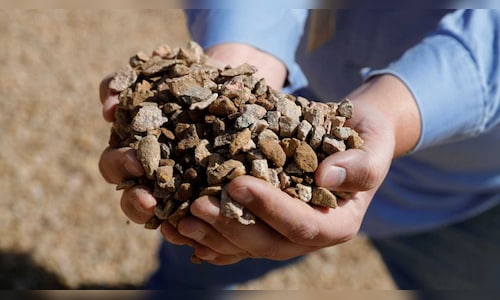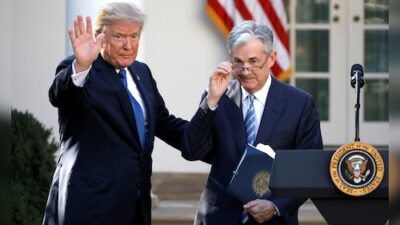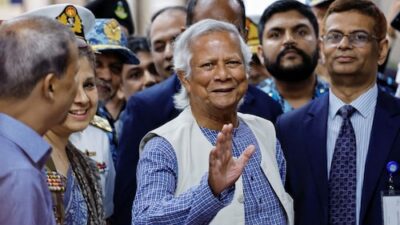China has issued temporary export licenses to rare-earth suppliers associated with the three leading US automakers, according to two sources in the know, as supply chain issues begin to emerge from Beijing’s export limitations on these materials.
At least some of these licenses are reportedly valid for six months, the sources noted, speaking on condition of anonymity due to the confidential nature of the information. The specific quantity or items covered by this approval remain unclear, as does whether this indicates that China is planning to simplify the rare-earths licensing process, which industry groups argue is cumbersome and has led to a supply bottleneck.
The decision by China in April to limit exports of a broad array of rare earths and related magnets has disrupted supply chains vital to automakers, aerospace manufacturers, semiconductor firms, and military contractors globally.
China’s dominance in the critical minerals sector, essential for the green energy transition, is increasingly seen as a significant leverage point for Beijing in its trade conflict with US President Donald Trump. With approximately 90% of the world’s rare earths produced in China, representatives from the automotive industry have raised alarms about growing threats to production due to their reliance on these materials.
Suppliers for three major US automakers—General Motors (GM.N), Ford (F.N), and Jeep manufacturer Stellantis (STLAM.MI)—received approval for certain rare earth export licenses on Monday, as reported by one of the sources.
Both GM and Ford opted not to comment. Stellantis stated that it is collaborating with suppliers “to ensure an efficient licensing process” and has so far managed to “address immediate production concerns without significant disruptions.”
China’s Ministry of Commerce has not yet responded to a faxed request for a comment.
The critical mineral export controls from China have become a focal point of Trump’s criticism, suggesting that Beijing has violated the agreement made last month to reduce tariffs and trade restrictions.
On Thursday, Trump and Chinese President Xi Jinping engaged in a lengthy phone conversation to resolve trade disagreements. Trump stated in a social media post that “there should no longer be any questions respecting the complexity of Rare Earth products.” Both parties agreed that teams would reconvene soon.
US automotive companies are already experiencing the ramifications of these restrictions. Ford (F.N) temporarily halted production of its Explorer SUV at its Chicago facility for a week in May due to a shortage of rare earth materials, the company confirmed.
The recent clearance for these auto suppliers follows a green light given to a US electronics firm’s suppliers last week and another granted earlier this week to suppliers of a US non-automotive company, according to the first source, who opted not to disclose the company names.
“We must give the Chinese the benefit of the doubt that they’re working through this. It’s up to them to demonstrate that they are not weaponizing it,” commented the person.
On Wednesday, Reuters reported that China has implemented a tracking system for its rare earth magnet industry to improve oversight and combat smuggling.



